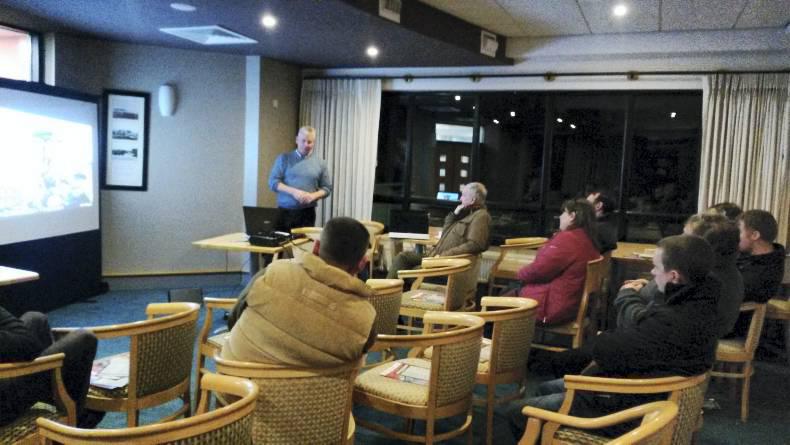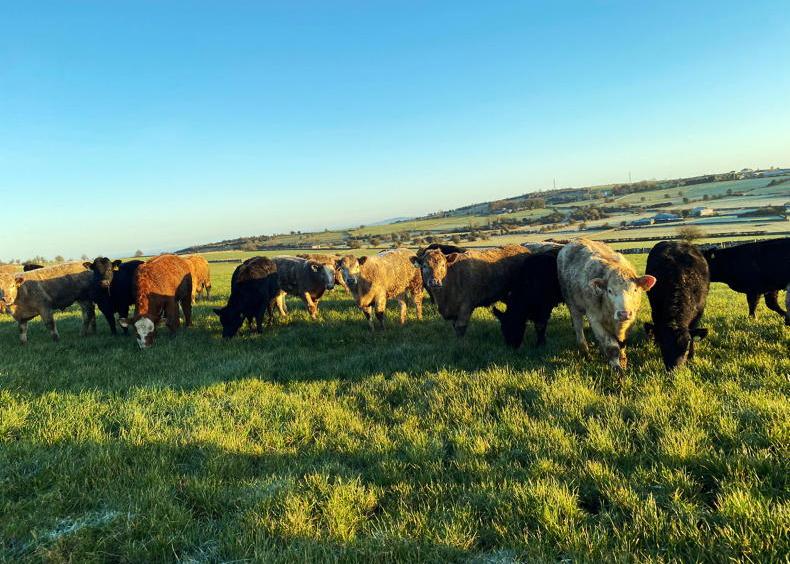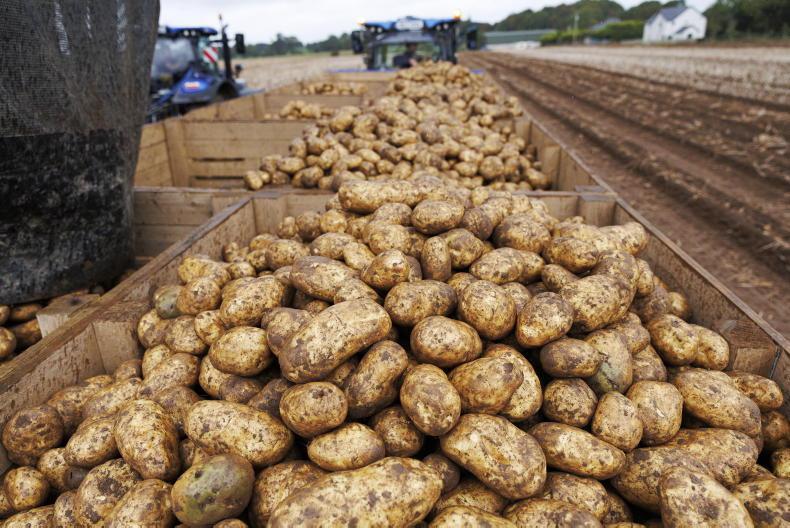Use of Beef Shorthorn genetics in herds brings management benefits along with substantial price bonuses due to the growing premium market for beef from Shorthorn cattle, Glenarm Estate manager Adrian Morrow said at a meeting in Ballycastle last week.
Speaking about the Glenarm Shorthorn Beef Group, Morrow said that the 70 members currently supply approximately 2,000 cattle to Hannan Meats in Moira each year. He said that the beef is aged for at least 28 days in a Himalayan salt chamber before being marketed to retailers and restaurants across Europe.
The main condition of the scheme is that cattle must be bred from a beef cow and a Shorthorn bull. All cattle are checked on farm by the group co-ordinator for suitability before they are killed at Lakeview Farm Meats in Crumlin. A 10% bonus is paid on the top grade price. Currently the bonus equates to 31p/kg.
“The majority of cattle are finished at 22 to 24 months at a carcase weight of 350 to 380kg. It is a grass-based system so most cattle are only fed concentrates in the last six to eight weeks. Carcases must grade fat class 4,” Morrow said.
Group members pay £35 annually to cover administration costs. Farmers selling store animals can also join the group, with members who finish cattle contacted ahead of Shorthorn stores being sold in marts.
According to Morrow, the high level of marbling and the layer of fat around the back of the carcase gives the meat a distinct flavour. He maintained that Shorthorn beef was a niche market for high-end users. Main customers of the group’s beef include London department store Fortnum & Mason as well as chef and restaurant group owner Mark Hix.
Aside from the bonus payments, Morrow estimates that easier calving, improved maternal traits and reduced cow body weight, when combined with easier fattening of Shorthorn cattle, brings management benefits worth a total of £240 per cow.
The group has some recommended standards to follow, including use of clover in swards and high-welfare winter housing. However, Morrow pointed out these were not essential to initially become a member, and could be phased in over a period of time.










SHARING OPTIONS